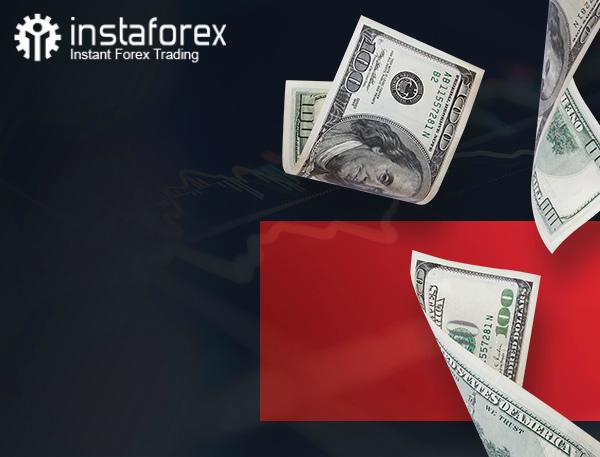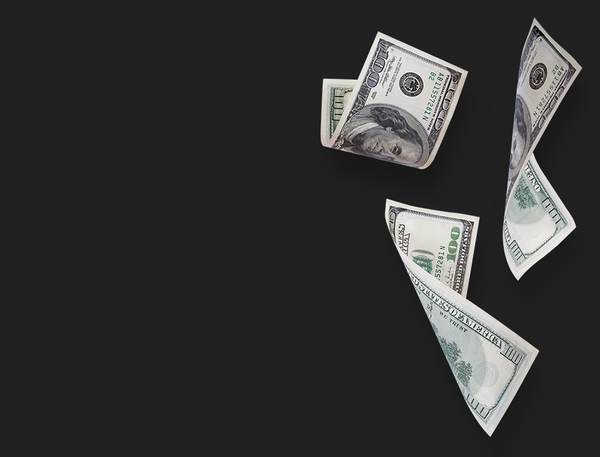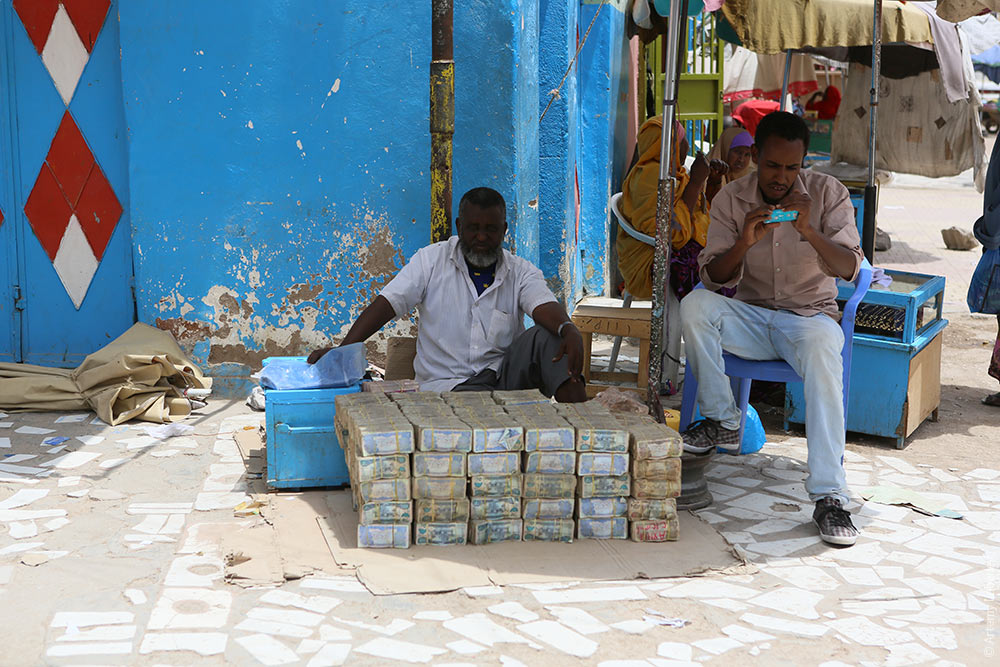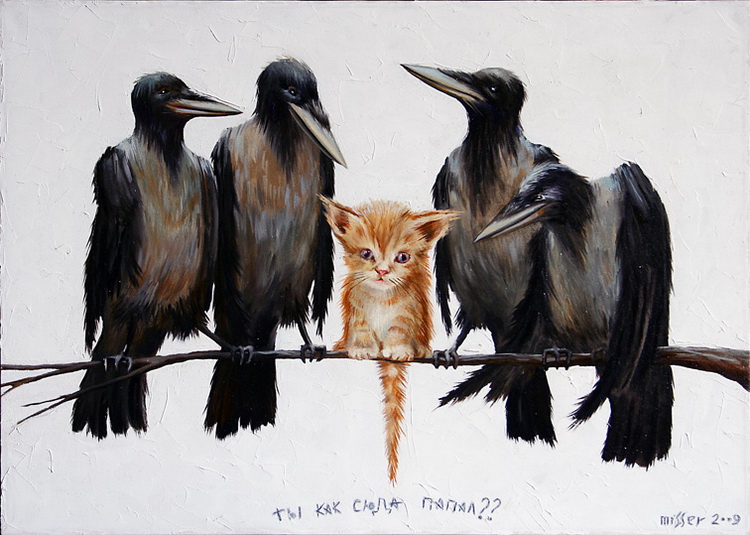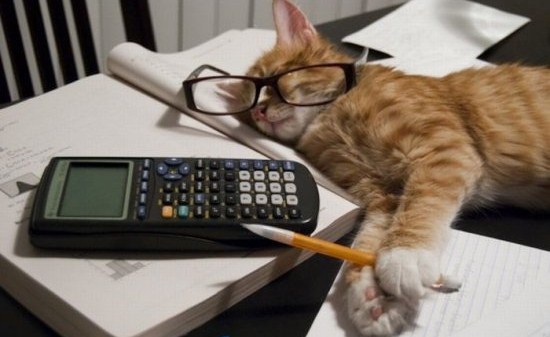Forex is an acronym for FOReign Exchange, an interbank exchange market, where currencies are traded at free prices. Forex emerged in 1971 after US President Richard Nixon undertook a series of economic actions that basically led to the abolishment of the Bretton Woods system. This system was developed after World War II in order to regulate commercial and financial relations between capitalist countries.
At the Bretton Woods conference in 1944, delegates from 44 nations agreed upon new rules for the international monetary system. The new standards included
- fixed gold prices at $35 per troy ounce (31.1 grams);
- pegged exchange rates for domestic currencies of the Bretton Woods member nations against the US dollar;
- establishment of the IMF (International Monetary Fund) and IBRD (International Bank for Reconstruction and Development);
- central banks’ commitment to keeping their national currencies within 1% of the fixed rates.
This system was succeeded by the Smithsonian Agreement in December 1971, which allowed for 4.5% fluctuations of currencies against the dollar. However, this 4.5% band failed to hold for long. Several years later, the Jamaica Agreement introduced the modern-day international currency system based on free-floating exchange rates. At present, gold prices as well as currency exchange rates can fluctuate freely and are determined by the market forces of supply and demand. Following a number of adjustments made and the official approval issued by the IMF in 1978, currencies can now be traded in the international forex market at market-based prices. As a result, the circle of financial market players has expanded, creating space for new participants such as numerous currency exchange institutions, brokers, hedgers, investment firms, and retail speculators.
Who would have thought back in the 1970s that the brand-new foreign exchange market, which was initially established as an exclusive playfield of wealthy investors, large-scale corporations, and banks, could evolve into a massive worldwide industry with an average daily turnover of more than $4 trillion? Most importantly, modern technologies and the principle of margin trading have rendered Forex easily accessible to anyone willing to make money by trading.
Forex market participants
All participants of the foreign exchange market can be divided into two main categories: active and passive.
Active market players are brokerage companies, private banks, and central banks across the globe. These forex participants are the ones that have the biggest influence on the prices of currency pairs, as the financial assets they operate are measured in billions. Of course, they have purposes other than just profit-making. For example, one of the primary functions of a central bank is to control and adjust the national currency’s exchange rate so as to prevent or resolve economic recessions and political instability within the country.
Among passive foreign exchange participants are investment firms, export/import organizations, transnational corporations, and individual investors. All of them have a limited impact on currency exchange rates. Passive market players make trading deals through brokers providing financial leverage (in layman’s terms, credit money) to retail traders.
Key point of Forex
The interbank foreign exchange market, as we know it today, came into being in the 1970s, following a transition of international trade from fixed to floating currency exchange rates.
Forex is essentially the exchange of one currency for another. Exchange rates depend on the balance between supply and demand, sellers and buyers. International financial organizations perform thousands of deals on the currency market on a daily basis.
About traders
A trader on Forex is an individual performing financial operations in order to make profit from fluctuations of foreign exchange rates. Traders can either use their own money or borrow funds from an investor. Trading on Forex is normally facilitated by a brokerage firm.
A brokerage company provides traders who are not ready to invest much money in trading with an opportunity to perform deals on Forex. It means that clients make trades in the name of a broker, using the broker’s funds. Brokerage firms receive currency quotes from various sources (data systems) thus forming an aggregate money flow based on these prices. Therefore, they set their own prices for currency pairs and pass them on to clients. So, essentially brokers exist to make it possible for you to trade money in large amounts exceeding your own deposit.
Margin trading
Margin trading is what enables individual traders to perform their trading activities. The term “margin” simply means an amount of funds a trader needs to invest as a “good faith deposit” to open a trading position with a broker. Trading on margin involves borrowing a specific amount of money from a brokerage company for the purpose of buying or selling currency pairs. The percentage of loan funds given to you by a broker is usually much higher than the margin, which allows traders to make larger-scale deals than they would using only their personal savings.
Trading strategies on Forex
The choice of an efficient trading system is the key to successful trading on Forex. To choose the best strategy for your trading routine, you should answer the following questions:
-
How many hours a day are you ready to spend on trading?
-
How much profit are you willing to make?
-
What risks are you prepared to take on?
If you can spend a few hours a day on trading, then a mid- or long-term strategy would work best for you. If you are ready to become a full-time trader, you can choose intraday trading systems.
Pros:
-
High income regardless of the current economic climate in your country;
-
Being your own boss;
-
Limitless profit opportunities;
-
Compatible with your full-time job;
-
Trading on Forex available 24 hours a day (except weekends and public holidays).
Cons:
-
High level of stress, risk of losing money;
-
Need to possess some fundamental knowledge and skills (e.g., a degree in economics, some grasp of global macroeconomic fundamentals, technical analysis, money management, logic, etc.)
While some academic background in finance and trading experience are advisable, they are not indispensable and their value should not be overestimated. In fact, the most important qualities here are your determination to learn, persistence, diligence, and discipline. All of these things, combined with a lot of practice, are what makes a good trader.
What do I need to trade on Forex?
First of all, confidence! Remember that the only people who don’t make any mistakes are the ones not doing anything at all. So you need to be ready to make mistakes. Follow the rules of Forex, learn, master your skills, and you will develop an ability to “feel” the market instinctively. My advice to you is to go with the flow. With the right approach, you will realize that getting a stable high income on Forex is not an urban legend but a reality.
There are many risks on Forex related to constant movements of currency exchange rates or other trading instruments. So you’ve got to try and do you best to find a reliable and trustworthy broker that would not go bankrupt and flee with your money in case the market collapses.
How to choose the right Forex broker?
There are four main groups of brokers a trader should consider when looking for a reliable company:
-
Market participants
This group includes private banking institutions acting in compliance with national regulatory requirements. They can definitely be relied upon, but the biggest downside here is that their main condition is almost unachievable for a regular trader like you and me. To trade with market participants, you need to have at least $1,000,000 on your account.
-
Institutional brokers
These are financial companies offering their services to smaller brokerage firms. They also have high capital requirements demanding from their clients a deposit of $60,000 or more. There are not many such companies. They charge relatively small commissions and have a solid financial base. However, you can see where the problem lies: most individual traders simply don’t have a spare $60,000 to invest.
-
Small brokerage firms
To become a client of a brokerage company, all you need is a small capital starting from $100 (up to $20,000). Such brokers often cooperate with financial companies by placing orders into their clearing systems. Trading with a small brokerage firm involves significant risks, and both traders and brokers may incur large losses.
- Forex bucket shops
A bucket shop is an unscrupulous brokerage company whose revenues come from your losses. In essence, forex bucket shops are scammers playing against you. If a client starts earning good money closing one profitable deal after another, they just pocket traders’ funds and disappear into thin air, leaving their clients with huge losses. It often happens that after the dust settles these fraudsters soon re-emerge under a different name. They provide you with free training courses and teach you the rules of profitable trading, promising guaranteed enormous returns. To get access to learning materials, they ask you to open a trading account with the firm. Their courses are taught by people who have never even traded or, if you are lucky, by amateur traders who only have a vague idea of what forex trading is. They may also push you to purchase their trading systems, claiming that everyone can make a 700% profit in just 7 days. Of course, their claims are unrealistic and potentially dangerous to your money. Following such strategies, most traders lose their deposits. They may think of it as a lesson learned the hard way and hope they will recoup their losses next time. However, victims of a bucket shop eventually lose all their savings and leave the battlefield with a bitter regret. There can be only one winner in the game played by bucket shops, and that is the scammer itself. Your losses are their gains.
So, as you see, there are different types of brokers. When choosing a company to trade with, keep in mind that the revenues of reliable brokers come mainly from spreads. Large trustworthy companies that value their reputation would never lure clients into some questionable schemes.
